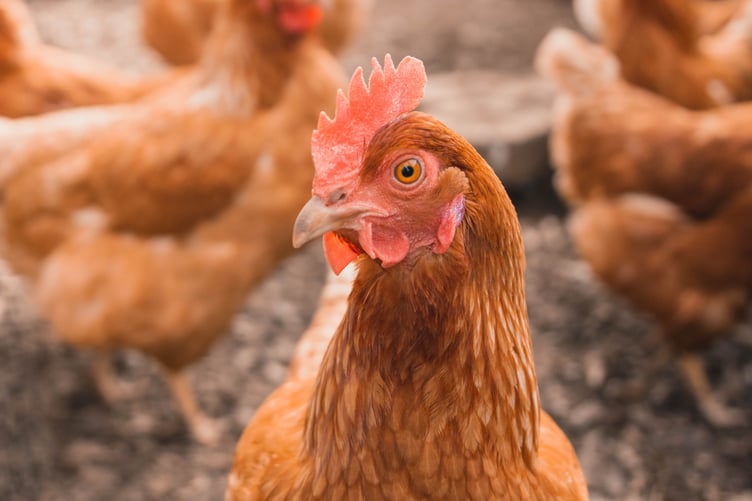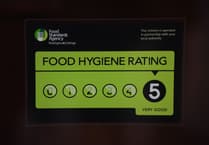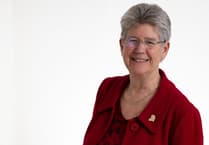The volume of planning applications for chicken farms during the last decade has contributed to problems in Powys County Council’s Planning service, a senior manager has said.
At a meeting of the Audit and Governance committee on Friday, June 23 members were told how the council will try and improve the planning service following a critical report published by Audit Wales in May.
Since 2015 the county has dealt with around 150 planning applications for both broiler and egg laying poulty units.
Due to this, head of planning, property and public protection, Gwilym Davies said that Powys had more “major” planning applications to deal with than any other authority in Wales apart from Cardiff City Council.
Mr Davies said: “Only Cardiff beat us, and it was only by one or two major applications.
“We’ve had considerably more than the norm - we do stand out in the annual Welsh Government statistics.
“Major applications take a lot longer; the other issue is the complexity.
“They are mostly chicken sheds, and they are very difficult to process - we have to rely on specialists and even specialists have to send out for information from their specialists.”
As the applications are “significant investments” to the applicant and can cost anywhere up to £150,000, Mr Davies explained that more time is needed to sort out problems, but this means that the timescales have “dragged on”.
But the number of poultry unit applications has now slowed to a trickle.
According to Mr Davies this means that planning officers can be redirected to deal with other applications and is a “significant reason” that the backlog of applications is now falling.
Mr Davies said that the planning caseload had dropped from 900 to 500 and the enforcement cases from 750 to 550.
Mr Davies said: “It’s freed up officers to do other applications and enforcement.
“An adverse impact is that our income has dropped by £400,000.
“In the last budget the cabinet supported reducing our income target to reflect that.”
This year the Welsh Government has issued 12 holding directions that paused the planning process on poultry unit planning applications.
This is so that the Welsh Government minister for Climate Change, Julie James MS can mull over taking charge of the decision making process after being asked to “call in” the application.





Comments
This article has no comments yet. Be the first to leave a comment.